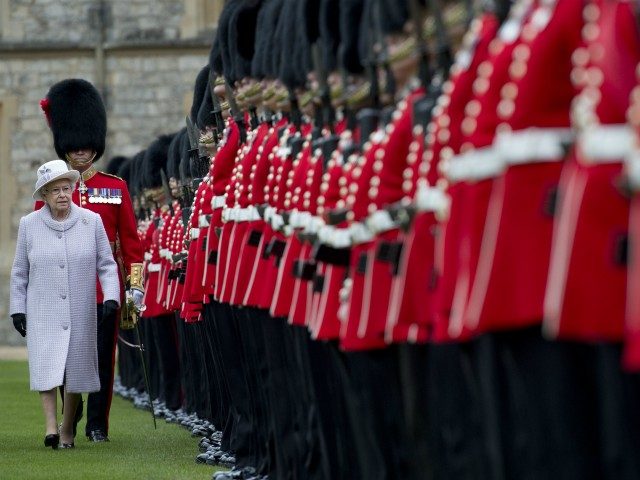Government sources have confirmed that the Queen may be advised to refuse to grant the Royal Assent to parliamentary legislation aimed at blocking Brexit.
The confirmation came from a senior minister who spoke to the Telegraph following publication of a Policy Exchange paper on the subject by Sir Stephen Laws QC, a former First Parliamentary Counsel.
Remain MPs are currently advancing various plots to take control of the Brexit process from Theresa May, who is at least nominally opposed to delaying exit day, scheduling a re-run of the 2016 referendum, or ruling out a clean, No Deal withdrawal from the EU.
The most controversial of these is a scheme devised by Dominic Grieve, the former Attorney-General, who wants to allow a minority of MPs to take control of the parliamentary timetable.
This would be unprecedented, but the Remain-backing Speaker of the House of Commons, John Bercow, already broke with centuries of precedent to allow Grieve to amend an “unamendable” business motion, against the advice of parliamentary clerks, shortly after a meeting with the Tory MP in his grace-and-favour apartments in the Palace of Westminster.
“[M]ight not a Government in [this] situation think that this was precisely the last resort for which the Royal Assent process is retained?” asked Sir Stephen rhetorically.
“It could raise a question whether the Government would be entitled or might feel required to reassert its constitutional veto by advising the Queen not to grant Royal Assent to the Bill.”
“I have seen Sir Stephen Laws QC’s view – he is quite right. Dominic Grieve and Co had better think long and hard before potentially involving the Queen in such controversy,” a senior minister told the Telegraph.
“If Parliament publishes an act against Government policy, what are we left with? Do we just surrender meekly? No, I don’t think we do. We have to think about the position they are putting the Palace in,” they added.
The Royal Assent has not been refused to a Bill since the reign of Queen Anne in the 1700s, largely because the British constitutional system, which blends the executive with the legislature, makes it very unlikely that a Bill opposed by the Government would pass all the parliamentary hurdles necessary to reach the monarch.
It is highly unlikely the Queen would, as a constitutional monarch, refuse the Royal Assent to a Bill on her own initiative, but would instead do so “on the advice of her ministers” — with it being open to Parliament to depose said ministers in a vote of no confidence if they were sufficiently unhappy with this.
Another option open to the Government is to suspend the parliamentary session temporarily — a process called “prorogation” typically used for routine matters such as recesses, which remains an exclusive executive power through the Royal Prerogative.
With exit day currently fixed at March 29th, 2019, by the European Union (Withdrawal) Act, figures including historian Andrew Roberts and commentator Gerald Warner have already called on the Prime Minister to exercise this power, so Remain MPs cannot derail the process in the meantime.
While some people, including BBC contributor and Economist editor Anne McElvoy, have claimed that this would be “despotic”, proponents argue that proroguing Parliament would be in fact be a perfectly legitimate and constitutional response to legislators attempting to overturn the 2016 referendum without a mandate, considering over 80 percent of MPs stood on manifestos pledging to deliver Brexit and take the United Kingdom out of the EU’s Customs Union and Free Movement regime.



COMMENTS
Please let us know if you're having issues with commenting.